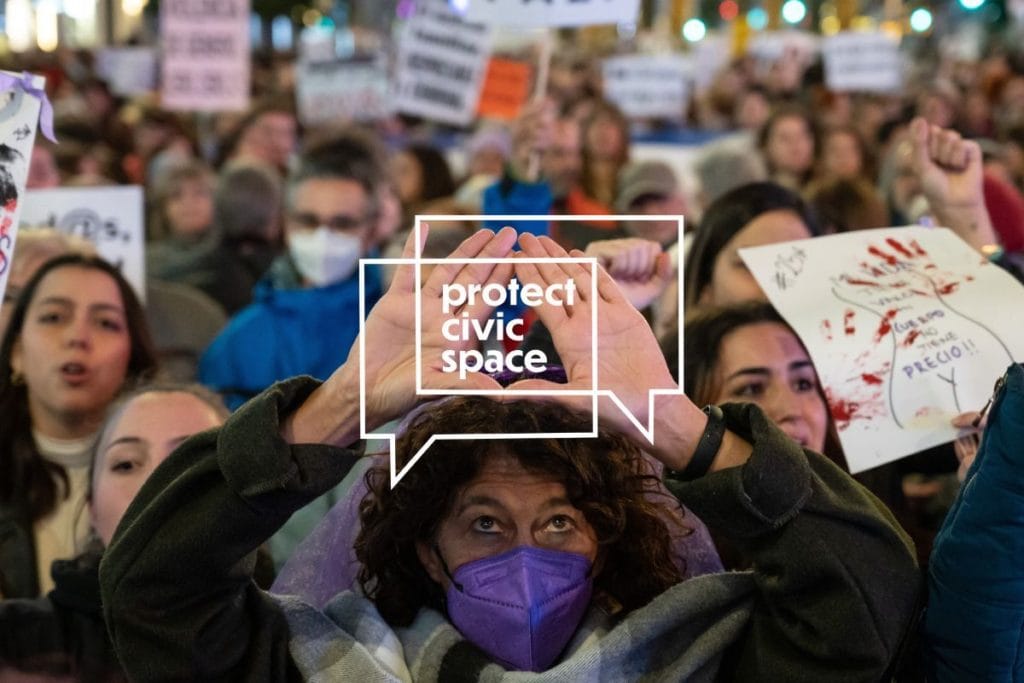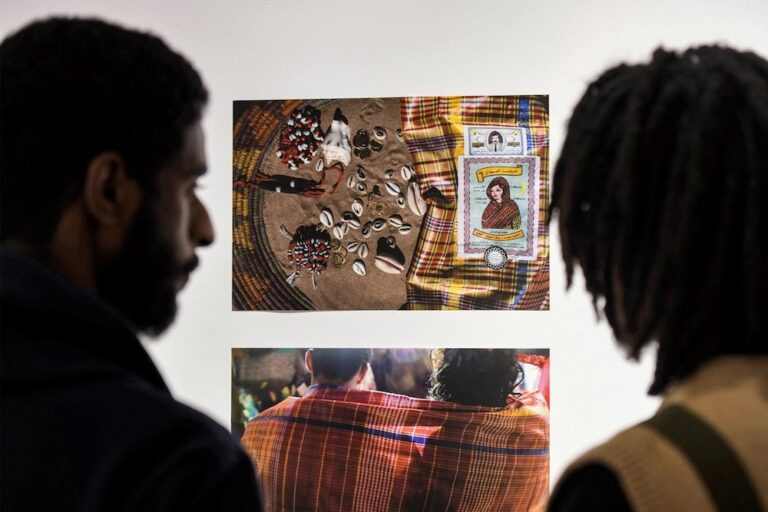On International Women's Day, IFEX Regional Editors share stories from their regions about steps being taken to balance safety and freedom online.
Online spaces offer women, gender nonconforming people and other marginalised groups valuable opportunities to connect and express themselves. But they have also become sites of harassment, violent targeting and surveillance, limiting their access to information, resources and networks and even prompting self-censorship. An additional problem: the burden for staying safe online is often placed on the shoulders of those who have been targeted for abuse.
As we celebrate International Women’s Day, IFEX Regional Editors share stories from their regions about the steps being taken to balance safety with freedom and make online civic spaces more equitable and accessible.
We hear from Fundación Karisma’s Catalina Morena Arocha on Colombia’s new legislation to combat digital violence and from Pakistan’s Digital Rights Foundation, a leader in tech-based initiatives moblising women to speak out and assert their rights online. Bojana Jovanovska, author of the report From Normalisation to Self-Censorship offers her thoughts on the “double-victimisation” of women journalists in North Macedonia, and we look at how for Palestinian women narrowing the gender gap online, digital space has become a battleground of surveillance and harassment. Finally, we share news of a first-of-its-kind resolution introduced by the African Commission on Human and Peoples’ Rights aimed at making online space safer for women.
Check out the full set in English on our website. The MENA regional brief is also available in Arabic, the Americas in Spanish, and the Europe and Central Asia in Spanish and in French.



